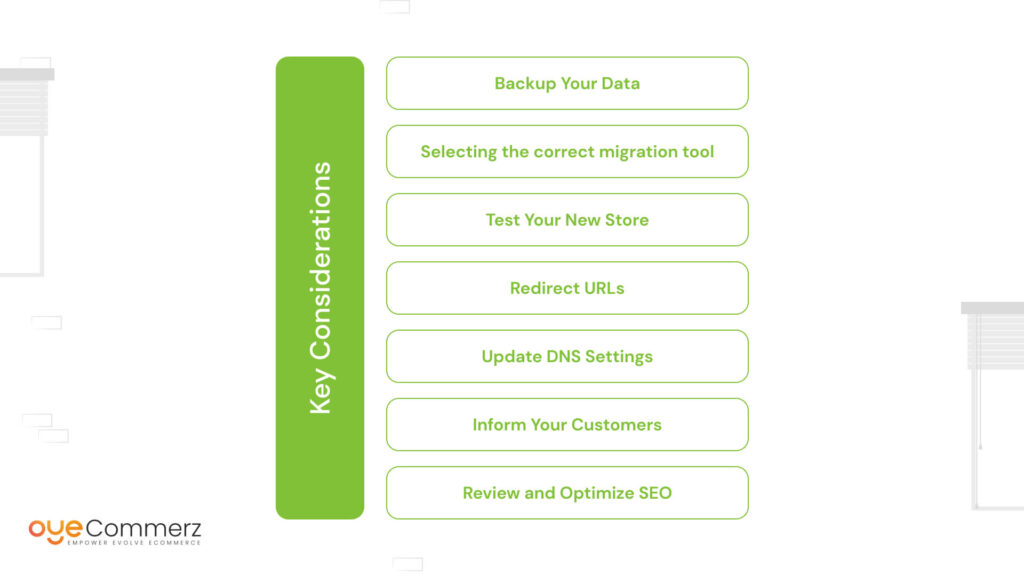In the dynamic sphere of digital commerce, choosing the optimal system is essential for your business's success. If you’re at the moment using WP and planning a migration to Shopify, you’re not alone. Numerous businesses are making this transition to take advantage of Shopify’s comprehensive tools, ease of use, and expandability. This guide will guide you on the process of migrating from WP to this platform seamlessly, guaranteeing that you achieve your eCommerce potential.
Why Migrate from WordPress to this platform?
Prior to exploring the migration journey, it’s essential to understand why this change can be advantageous for your digital storefront:
User-Friendly Interface: Shopify offers an user-friendly system that makes easier store management, enabling for non-technical users.
Flexibility: As your brand expands, Shopify can support increased visitors and transactions without compromising efficiency.
Integrated Features: Shopify provides built-in features for search engine optimization, analytics, payment handling, and additional functionalities, eliminating the necessity for several plugins.
Robust Protection: With Shopify, you benefit from strong security measures that protect confidential customer data.
Steps for a Effortless Migration
Migrating your eCommerce site from WordPress to Shopify involves multiple actions.
Here’s the way to facilitate a smooth transition:
Plan Your Migration Strategy
Begin by mapping out your migration plan. Decide on which elements of your present site you want to transfer, such as:
Product data
User details
Order history
Posts
Pick the Right Migration Option
Considering your needs, choose a migration service that suits your business. Professional services provides several plans:
Entry-Level Plan: Ideal for boutique stores with limited products.
Standard Migration Package: Appropriate for mid-range businesses with more complex requirements.
Advanced Plan: Perfect for high-volume stores requiring broad customization.
Secure Your Data
Before beginning the migration, migrate blog posts to Shopify ensure that you have a complete copy of your WP site. This task is essential in the event anything goes awry during the transfer.
Extract Your Information from WP
Use plugins or custom scripts to transfer critical content from your WordPress site:
Inventory
Customers
Orders
Content pieces
Import Information into Shopify
Once you have your content retrieved, employ Shopify’s migration apps or specialized apps to migrate your data into your new store. Verify that all data is correctly formatted and placed.
Adapt Your Shopify Site
Once importing data, adjust your Shopify platform’s layout to reflect with your style. Look into hiring a designer if you require detailed customization.
Establish TransactionOptions and Delivery Settings
Arrange payment gateways and delivery choices in Shopify to facilitate a user-friendly checkout experience for customers.
Apply Search Engine Optimization Standards
To keep your online visibility during the migration:
Implement 301 URL mappings from existing URLs to new ones.
Refresh descriptions.
Enhance media and content for SEO.
Evaluate Your Migrated Shop
Before publishing, extensively check your new store. Identify any errors, transaction errors, or untransferred content.
Launch Your Store
Once everything is in order, it’s the opportunity to go live! Inform the change to your clients and encourage them to explore the updated offerings of your Shopify store.
Post-Migration Assistance
Post publishing your new store, continued assistance is key. Think about partnering with experts who can assist with:
Site maintenance
Customer engagement
Enhancing features
Conclusion
Migrating from WP to Shopify can be a game-changing decision for your eCommerce. By following this guide and leveraging professional services like those offered by OyeCommerz, you can achieve a seamless transition that boosts your digital storefront. explore online store migration Accept the opportunity and discover the potential of Shopify today!
